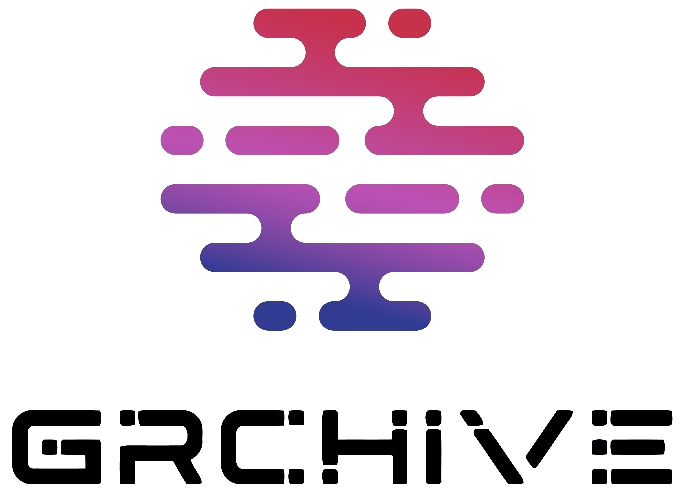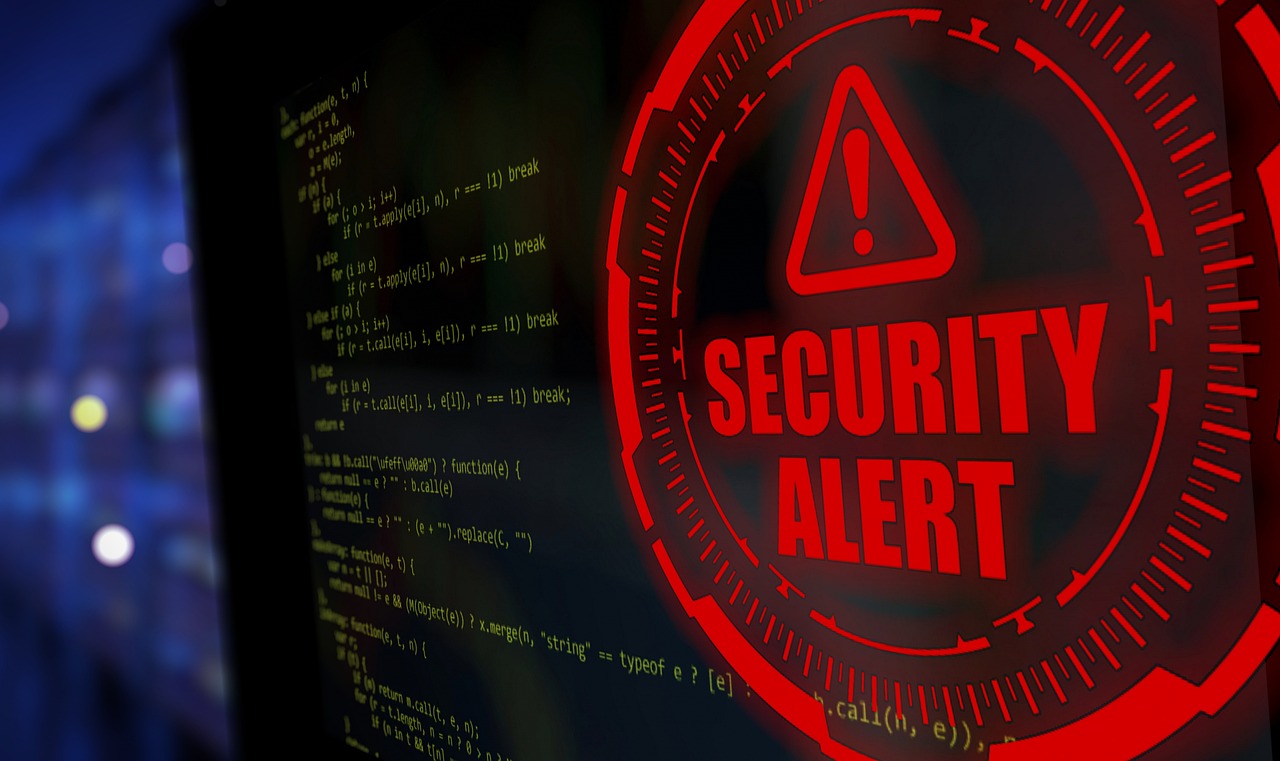As of January 10, 2023, CISA will no longer be updating ICS security advisories for Siemens product vulnerabilities beyond the initial advisory. For the most up-to-date information on vulnerabilities in this advisory, please see Siemens’ ProductCERT Security Advisories (CERT Services | Services | Siemens Global).
1. EXECUTIVE SUMMARY
CVSS v4 8.2
ATTENTION: Exploitable remotely
Vendor: Siemens
Equipment: SIMATIC, SIPLUS, and TIM
Vulnerabilities: NULL Pointer Dereference
2. RISK EVALUATION
Successful exploitation of these vulnerabilities could allow an attacker to cause a denial-of-service condition.
3. TECHNICAL DETAILS
3.1 AFFECTED PRODUCTS
The following products of Siemens are affected:
SIMATIC CP 1242-7 V2 (incl. SIPLUS variants): Versions prior to V3.5.20
SIMATIC CP 1243-1 (incl. SIPLUS variants): Versions prior to V3.5.20
SIMATIC CP 1243-1 DNP3 (incl. SIPLUS variants): Versions prior to V3.5.20
SIMATIC CP 1243-1 IEC (incl. SIPLUS variants): Versions prior to V3.5.20
SIMATIC CP 1243-7 LTE: Versions prior to V3.5.20
SIMATIC CP 1243-8 IRC (6GK7243-8RX30-0XE0): Versions prior to V3.5.20
SIMATIC HMI Comfort Panels (incl. SIPLUS variants): All versions
SIMATIC IPC DiagBase: All versions
SIMATIC IPC DiagMonitor: All versions
SIMATIC WinCC Runtime Advanced: All versions
SIPLUS TIM 1531 IRC (6AG1543-1MX00-7XE0): Versions prior to V2.4.8
TIM 1531 IRC (6GK7543-1MX00-0XE0): Versions prior to V2.4.8
3.2 Vulnerability Overview
3.2.1 NULL POINTER DEREFERENCE CWE-476
The web server of the affected devices do not properly handle certain requests, causing a timeout in the watchdog, which could lead to the clean up of pointers. This could allow a remote attacker to cause a denial of service condition in the system.
CVE-2023-28827 has been assigned to this vulnerability. A CVSS v3 base score of 5.9 has been assigned; the CVSS vector string is (CVSS:3.1/AV:N/AC:H/PR:N/UI:N/S:U/C:N/I:N/A:H).
A CVSS v4 score has also been calculated for CVE-2023-28827. A base score of 8.2 has been calculated; the CVSS vector string is (CVSS:4.0/AV:N/AC:H/AT:N/PR:N/UI:N/VC:N/VI:N/VA:H/SC:N/SI:N/SA:N).
3.2.2 NULL POINTER DEREFERENCE CWE-476
The web server of the affected devices do not properly handle the shutdown or reboot request, which could lead to the clean up of certain resources. This could allow a remote attacker with elevated privileges to cause a denial of service condition in the system.
CVE-2023-30755 has been assigned to this vulnerability. A CVSS v3 base score of 4.4 has been assigned; the CVSS vector string is (CVSS:3.1/AV:N/AC:H/PR:H/UI:N/S:U/C:N/I:N/A:H).
A CVSS v4 score has also been calculated for CVE-2023-30755. A base score of 5.9 has been calculated; the CVSS vector string is (CVSS:4.0/AV:N/AC:H/AT:N/PR:H/UI:N/VC:N/VI:N/VA:H/SC:N/SI:N/SA:N).
3.2.3 NULL POINTER DEREFERENCE CWE-476
The web server of the affected devices do not properly handle certain errors when using the Expect HTTP request header, resulting in NULL dereference. This could allow a remote attacker with no privileges to cause a denial of service condition in the system.
CVE-2023-30756 has been assigned to this vulnerability. A CVSS v3 base score of 5.9 has been assigned; the CVSS vector string is (CVSS:3.1/AV:N/AC:H/PR:N/UI:N/S:U/C:N/I:N/A:H).
A CVSS v4 score has also been calculated for CVE-2023-30756. A base score of 8.2 has been calculated; the CVSS vector string is (CVSS:4.0/AV:N/AC:H/AT:N/PR:N/UI:N/VC:N/VI:N/VA:H/SC:N/SI:N/SA:N).
3.3 BACKGROUND
CRITICAL INFRASTRUCTURE SECTORS: Energy, Critical Manufacturing,
COUNTRIES/AREAS DEPLOYED: Worldwide
COMPANY HEADQUARTERS LOCATION: Germany
3.4 RESEARCHER
Siemens reported these vulnerabilities to CISA.
4. MITIGATIONS
Siemens has identified the following specific workarounds and mitigations users can apply to reduce risk:
Disable the web server of the affected system
SIPLUS TIM 1531 IRC (6AG1543-1MX00-7XE0), TIM 1531 IRC (6GK7543-1MX00-0XE0): Update to V2.4.8 or later version
SIMATIC CP 1242-7 V2 (incl. SIPLUS variants), SIMATIC CP 1243-1 (incl. SIPLUS variants), SIMATIC CP 1243-1 DNP3 (incl. SIPLUS variants), SIMATIC CP 1243-1 IEC (incl. SIPLUS variants), SIMATIC CP 1243-7 LTE, SIMATIC CP 1243-8 IRC (6GK7243-8RX30-0XE0): Update to V3.5.20 or later version
Disable the web server of the affected system
As a general security measure, Siemens recommends protecting network access to devices with appropriate mechanisms. To operate the devices in a protected IT environment, Siemens recommends configuring the environment according to Siemens’ operational guidelines for industrial security and following recommendations in the product manuals.
Additional information on industrial security by Siemens can be found on the Siemens industrial security webpage
For more information see the associated Siemens security advisory SSA-423808 in HTML and CSAF.
CISA recommends users take defensive measures to minimize the risk of exploitation of these vulnerabilities, such as:
Minimize network exposure for all control system devices and/or systems, ensuring they are not accessible from the internet.
Locate control system networks and remote devices behind firewalls and isolating them from business networks.
When remote access is required, use more secure methods, such as Virtual Private Networks (VPNs). Recognize VPNs may have vulnerabilities, should be updated to the most recent version available, and are only as secure as the connected devices.
CISA reminds organizations to perform proper impact analysis and risk assessment prior to deploying defensive measures.
CISA also provides a section for control systems security recommended practices on the ICS webpage on cisa.gov. Several CISA products detailing cyber defense best practices are available for reading and download, including Improving Industrial Control Systems Cybersecurity with Defense-in-Depth Strategies.
CISA encourages organizations to implement recommended cybersecurity strategies for proactive defense of ICS assets.
Additional mitigation guidance and recommended practices are publicly available on the ICS webpage at cisa.gov in the technical information paper, ICS-TIP-12-146-01B–Targeted Cyber Intrusion Detection and Mitigation Strategies.
Organizations observing suspected malicious activity should follow established internal procedures and report findings to CISA for tracking and correlation against other incidents.
CISA also recommends users take the following measures to protect themselves from social engineering attacks:
Do not click web links or open attachments in unsolicited email messages.
Refer to Recognizing and Avoiding Email Scams for more information on avoiding email scams.
Refer to Avoiding Social Engineering and Phishing Attacks for more information on social engineering attacks.
No known public exploitation specifically targeting these vulnerabilities has been reported to CISA at this time. These vulnerabilities have a high attack complexity.
5. UPDATE HISTORY
September 12, 2024: Initial Publication

